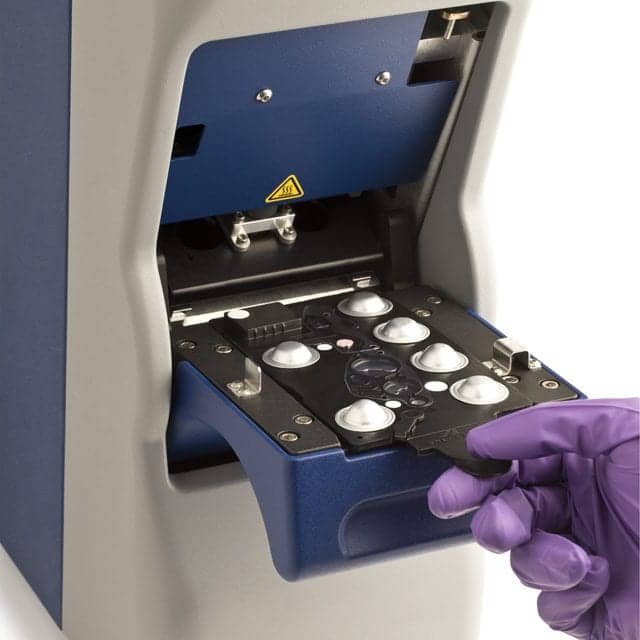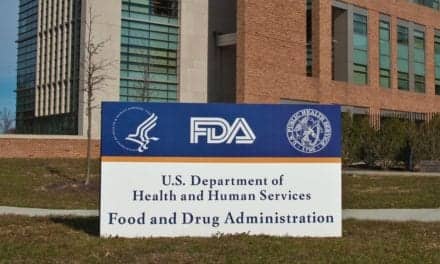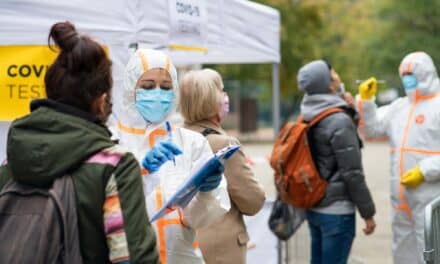FDA has cleared the group B Streptococcus (GBS) molecular diagnostic test from Great Basin Scientific Inc, Salt Lake City.
Roughly 10% to 30% of all pregnant women are colonized with GBS in the genitourinary tract, which can be transferred to their child during labor and delivery. Because GBS-colonized mothers are often asymptomatic, the Centers for Disease Control and Prevention (CDC) recommends that pregnant women be screened for GBS at 35 to 37 weeks of gestation.
According to CDC, GBS disease represents the leading infectious cause of morbidity and mortality among newborns in the United States. Infants infected with GBS may develop sepsis or pneumonia, and early-onset infections can lead to meningitis. Long-term consequences for infected infants include deafness and developmental disabilities. The fatality rate of early-onset GBS disease is 4% to 6%.
Providing accurate results in approximately 90 minutes with a specimen from enriched Lim broth, Great Basin’s molecular assay targets a highly conserved region of the CAMP factor gene cfb. Targeting the region leads to definitive identification and a faster diagnosis of the mother’s GBS colonization status when compared to standard culture-based testing, which may take up to an additional 48 hours. As a result, the new GBS test enables physicians to make timely therapeutic decisions to prevent the spread of the disease to the infant during delivery.
“Receiving FDA clearance for our GBS test represents a significant milestone for Great Basin, both as an expansion of our menu and as evidence of the company’s ability to meet product deliverables,” says Ryan Ashton, Great Basin cofounder and chief executive. “We are committed to delivering to hospitals and reference labs the products they need to quickly report accurate, definitive results, thus we are pleased with the on-time delivery of this test clearance.”
Capable of both lowplex and multiplex targets, Great Basin’s integrated cartridge system enables providers to diagnose and define a clear treatment path sooner for improved patient outcomes, shorter hospital stays, and significant cost savings.
The GBS test represents Great Basin’s second assay to be cleared by FDA. Its first test, for Clostridium difficile, was cleared in May 2012. The company plans to launch a third assay later this year.
“We look forward to growing our menu of tests over the next 18 months to further meet the need for easy-to-use and cost-effective molecular diagnostic testing,” Ashton says.
For more information, visit Great Basin Scientific.





We are a group of clinical laboratories. We are interested in your product for detection of Strep B in female vaginal and rectal swab. Can you send information about device and tests costs?
Thanks,
Roseanne
We are a group of clinical laboratories interested in performing Strep B vaginal and rectal swab test. Please send inffo to our emal. Thanks!